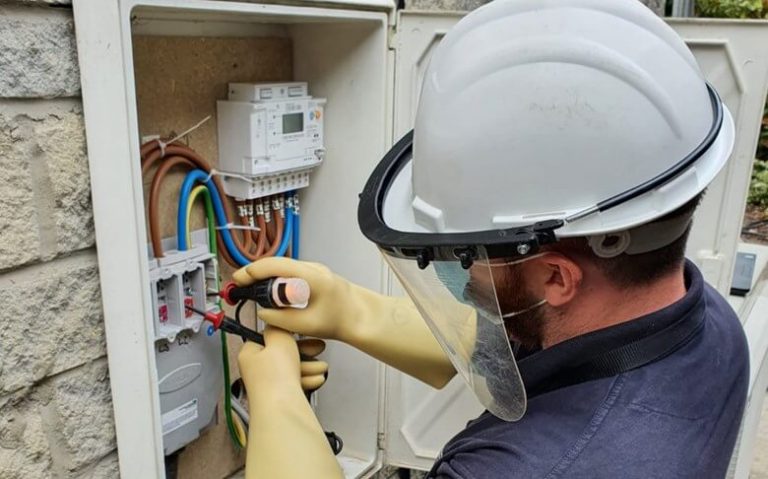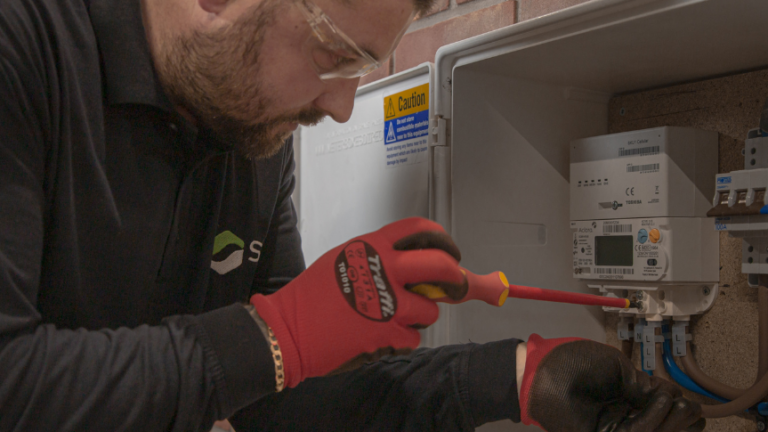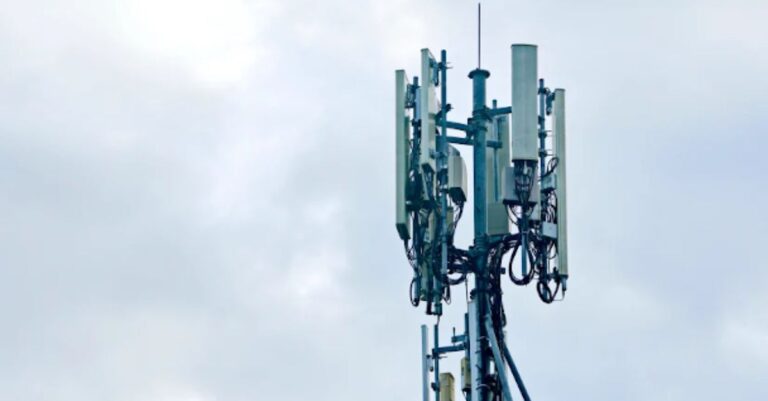Government to extend smart meter rollout until 2024

The UK government has proposed to accelerate the installation of smart meters as part of plans that will extend the rollout deadline until 2024.
In recommending that energy suppliers should be set compulsory new annual installation targets, the Department for Business, Energy and Industrial Strategy (BEIS) intends to lengthen the regulatory framework to monitor and deliver the smart meter rollout by up to four extra years.
This is in line with existing mandated obligations which requires energy suppliers to offer all consumers a smart meter and take “all reasonable steps” to deliver them.
With 37 million meters still to be installed, it has been clear for some time that the smart meter rollout is set to fall short of its 2020 ambition, and the fresh aim is to ensure 85 per cent of the UK’s gas and electricity meters are smart by 2024. This is to be supported by a new licence obligation from 1 January 2021 for suppliers to deliver a “market-wide rollout as soon as practicable”.
Reinforcing the business case for smart meters, BEIS said the new policy would bring a host of benefits for consumers and the wider energy system, including both £19.5bn of economic benefits through savings on energy bills and system efficiencies, and a 45 million tonne reduction in carbon emissions.
The goal to offer every home and business in Britain a smart meter was originally expected to see around 53 million smart meters installed by December 2020. However, according to the latest statistical release by BEIS, there are currently 14.9 million smart and advanced meter operating in homes and businesses across Great Britain overall with only 15 months of the planned implementation period remaining.
So far in 2019, the rate of domestic installations has slowed down, with an 8.6 per cent drop in installs in the first half of this year compared to the final six months of 2018 as energy suppliers mandated to fulfil the rollout suffered technical issues in the transition to second generation (SMETS2) smart meters.
With these issues mostly now addressed, the mass rollout of SMETS2 – of which there has been more positive progress in recent months – is now in a position to scale up significantly, with BEIS also considering that smart meters are now normalised as the “default meter offer” for all new and replacement meters.
Owing to this industry resolution, the government insists the rollout is “on track” to install a total of 30 million smart meters by the end of next year, though still well short of the original goal.
To achieve full implementation by the government’s original target of December 2020 would have required the installation of 2.5 million meters a month – a gargantuan task when one considers that the current cross-industry installation rate is 300,000 a month. Going forward, even the extended deadline will necessitate the installation of 700,000 meters per month – which is more than double the current rate.
With this in mind, energy suppliers and industry stakeholders will need to work closely with government to avoid any further roadblocks to accelerating installation rates, including looking beyond the purely physical barriers of resource, finance and skilled labour.
Besides the already well-publicised smart meter benefits of enabling greater cost savings, a key message to communicate to consumers is that a comprehensive network of smart meters will be crucial for the establishment of a cleaner, more modern energy system.
With smart meters allowing for better real-time management of supply and demand, this in turn is facilitating the better integration of intermittent renewable energy sources and other low-carbon technologies, as well as encouraging grid balancing and improved energy efficiency.
The successful rollout of smart meters, therefore, is considered pivotal to the country’s carbon reduction targets and reducing the impacts of climate change.
As Climate Minister Lord Duncan of Springbank observed upon the release of BEIS’ new proposals: “Replacing traditional gas and electricity meters is a vital upgrade to our national energy infrastructure,” adding that the new plan “will deliver even greater benefits for households and reduce emissions – helping the UK to meet its net zero 2050 target”.
The government’s consultation proposals in summary
Though the Government now acknowledges that not all homes and businesses will have the opportunity to install a smart meter by 2020, it is clear on the benefits that consumers have found in installing one:
• 9/10 say that they are satisfied with the installation process.*
• 8/10 say they have a better idea of their energy costs.*
• 76% with smart prepayment meters say they would recommend one to friends or family.**
• 9/10 with smart prepayment meters say topping up has become easier.**
As such, the Government is proposing to extend the regulatory requirement on suppliers that would:
• Contain clear targets in numbers of new installations achieved by an energy supplier, with milestones so suppliers cannot backend progress.
• The working proposal is for this to be to the end of 2024, with a 15% margin of tolerance applied to each supplier in achieving their target.
• All energy suppliers would be in-scope, regardless of size.
This would be implemented by “the Government’s proposal to introduce a new licence obligation from 1 January 2021 to support energy suppliers towards the delivery of a market-wide rollout as soon as practicable”.
The consultation closes on 11 November 2019.
*BEIS, Smart Meter Customer Experience Study: Post-installation survey, August 2017. **Smart Energy GB, Smart Energy Outlook, March 2019


